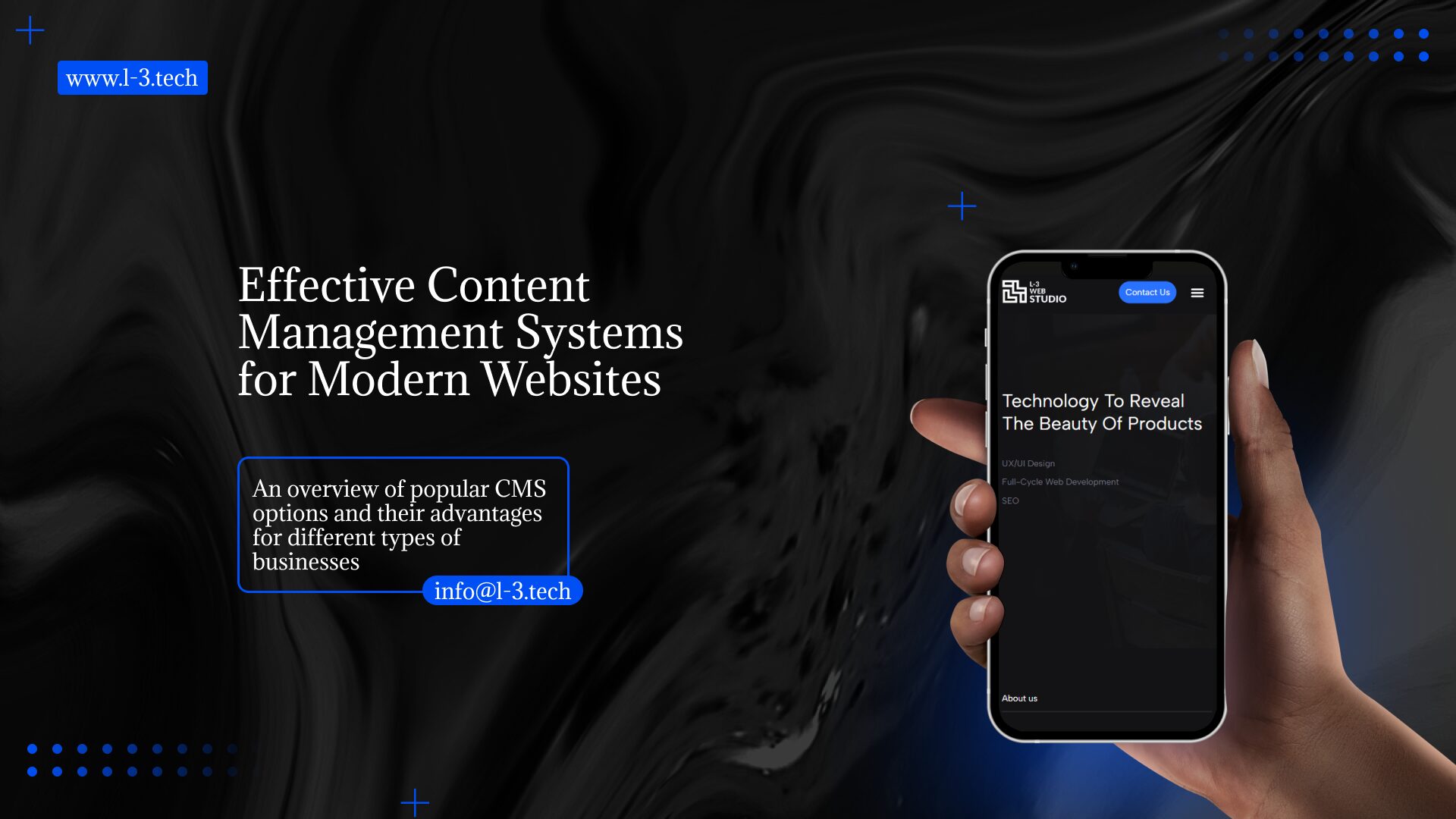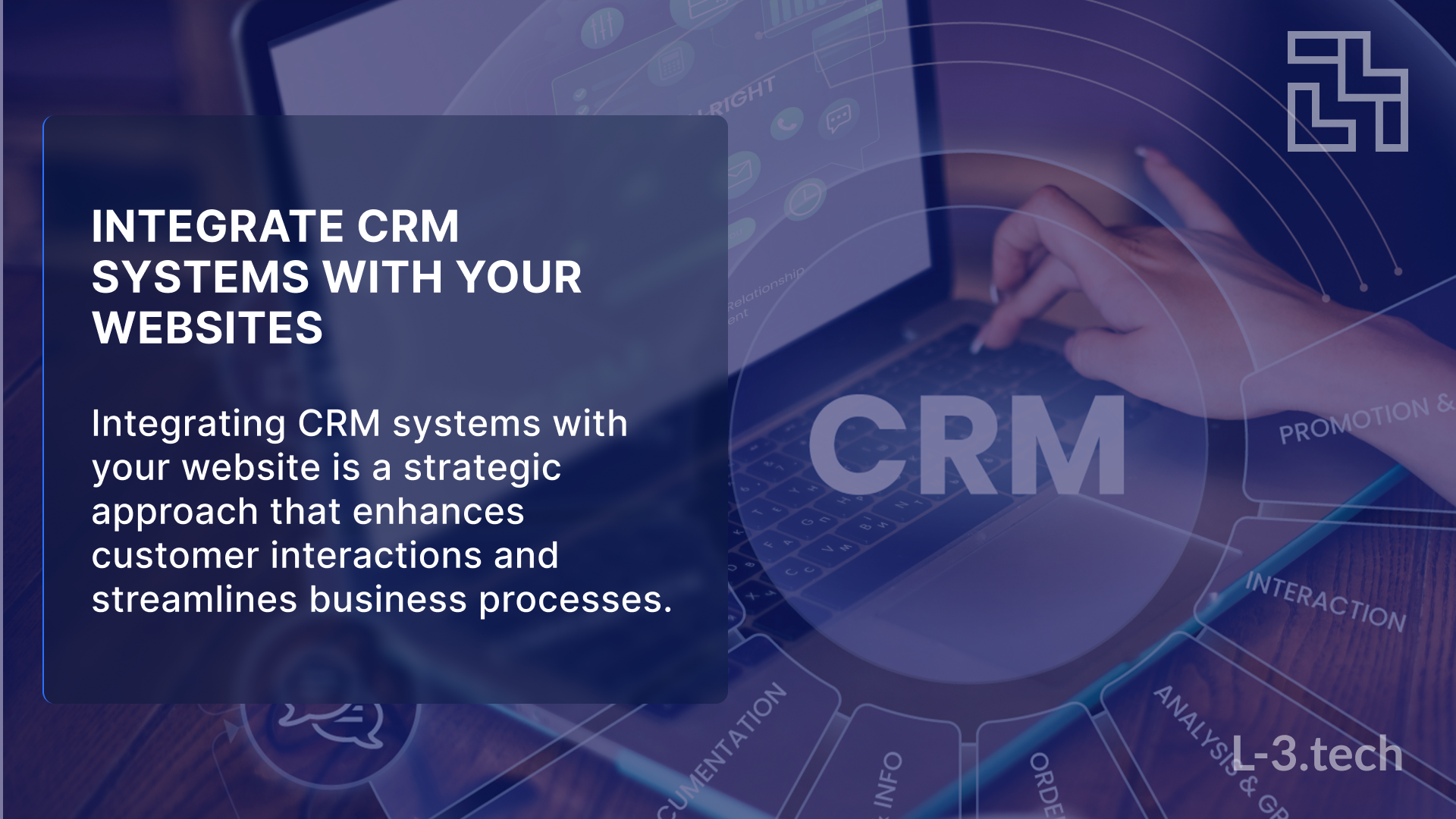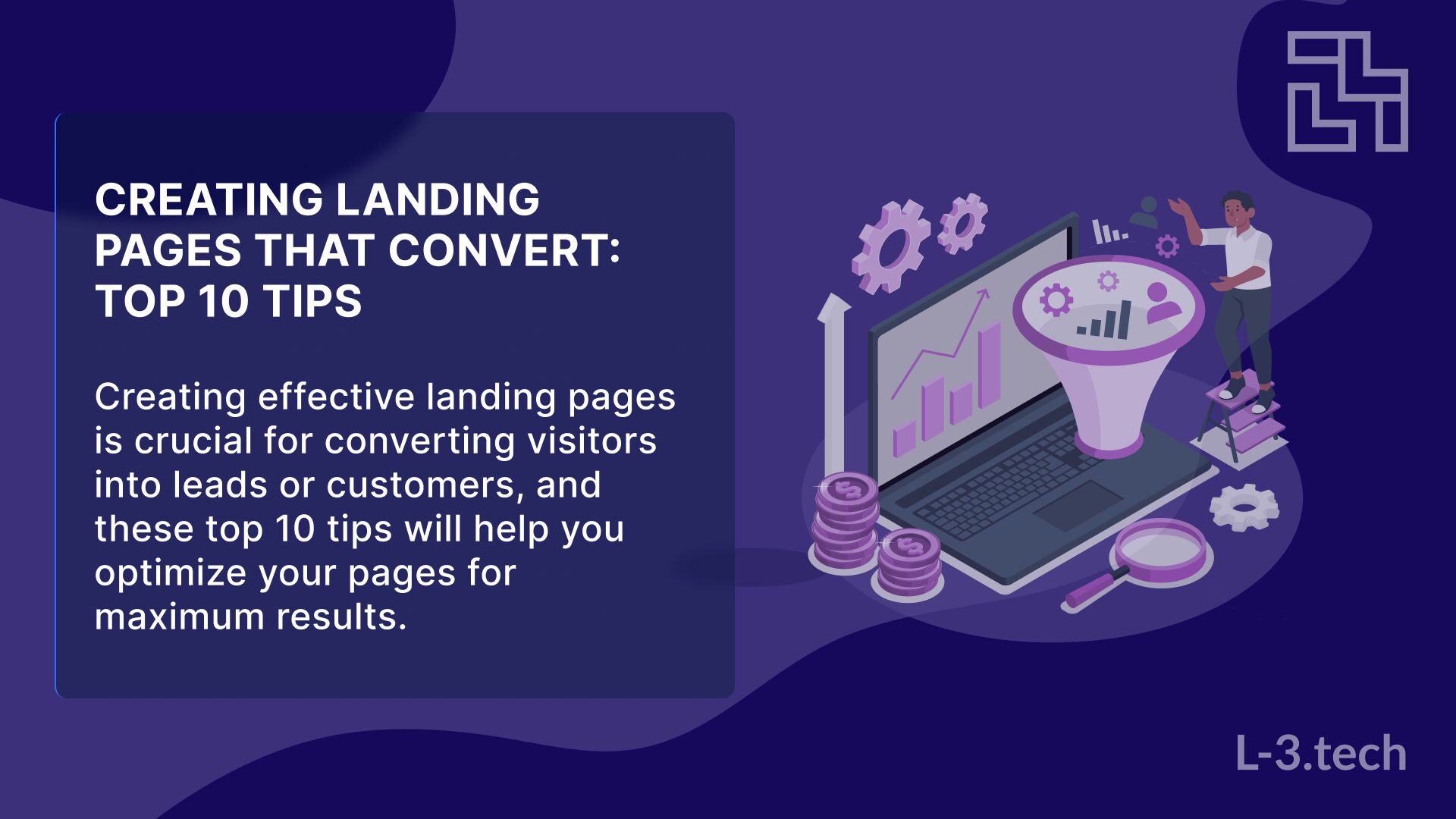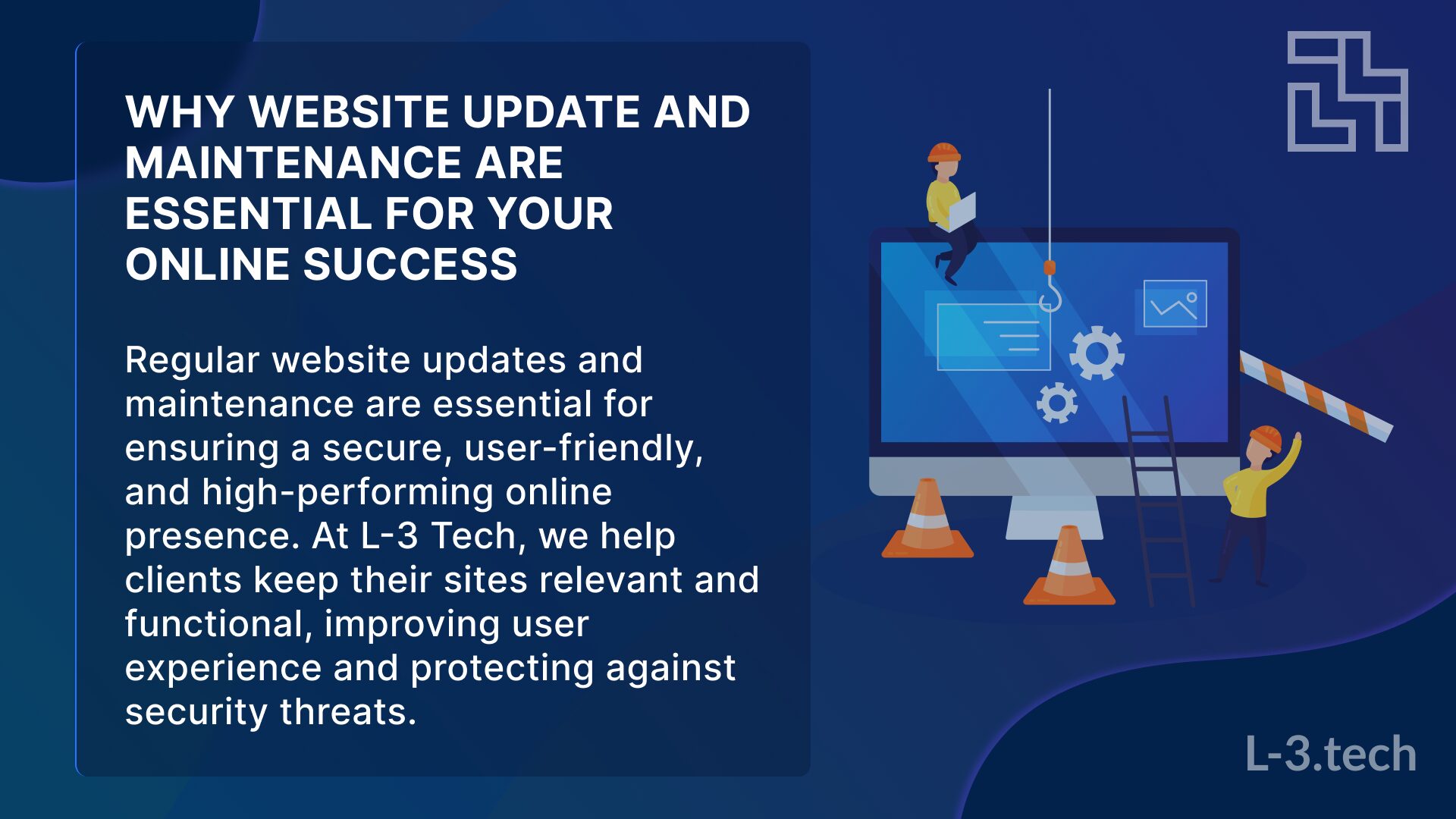An overview of popular CMS options and their advantages for different types of businesses.
In the dynamic landscape of web development, choosing the right Content Management System (CMS) is crucial for the success of a modern website. A CMS simplifies the process of creating, managing, and modifying digital content, making it an essential tool for businesses of all sizes. This article provides an overview of popular CMS options and their advantages, helping you determine which one best suits your business needs.
WordPress
Overview: WordPress is the most widely used CMS, powering over 40% of all websites on the internet. It’s known for its flexibility, extensive plugin ecosystem, and user-friendly interface.
Advantages:
- Ease of Use: WordPress’s intuitive interface makes it accessible to users with little technical knowledge.
- Customization: Thousands of themes and plugins allow for extensive customization.
- SEO Friendly: Built-in SEO features and plugins like Yoast SEO help improve search engine rankings.
- Community Support: A large, active community provides robust support and resources.
Best For:
- Blogs and Personal Websites: Ideal for individuals and small businesses focusing on content creation.
- Small to Medium-Sized Businesses: Suitable for businesses needing a flexible, customizable website.
Joomla
Overview: Joomla is a powerful CMS known for its flexibility and strong content management capabilities. It balances ease of use and extensibility.
Advantages:
- Flexibility: Offers more advanced features and customization options compared to simpler CMS platforms.
- Multilingual Support: Built-in multilingual support without the need for additional plugins.
- Strong Community: Active user community and extensive documentation.
Best For:
- Corporate Websites: Suitable for larger businesses and corporations requiring complex websites.
- E-commerce Sites: Ideal for businesses looking to integrate powerful e-commerce solutions.
Drupal
Overview: Drupal is a highly flexible and secure CMS used by large organizations and government entities. It excels in handling complex, high-traffic websites.
Advantages:
- Scalability: Capable of handling large volumes of content and high traffic.
- Security: Known for its robust security features, making it a popular choice for government and enterprise websites.
- Customization: Highly customizable with a variety of modules and themes.
Best For:
- Enterprise Websites: Suitable for large organizations needing a secure and scalable solution.
- Educational Institutions: Ideal for universities and schools with complex content management needs.
Shopify
Overview: Shopify is a leading CMS specifically designed for e-commerce. It provides all the tools needed to create and manage an online store.
Advantages:
- Ease of Use: User-friendly interface designed for non-technical users.
- Integrated Payment Solutions: Built-in payment gateways and a wide range of payment options.
- Customer Support: 24/7 customer support and extensive resources.
Best For:
- E-commerce Businesses: Perfect for businesses of all sizes looking to sell products online.
- Startups: Ideal for new businesses needing an easy-to-setup and manage online store.
Squarespace
Overview: Squarespace is an all-in-one website builder and CMS known for its sleek, professional templates and ease of use.
Advantages:
- Design Quality: High-quality, professionally designed templates.
- User-Friendly: Easy drag-and-drop interface for building and managing websites.
- Integrated Features: Built-in tools for blogging, e-commerce, and analytics.
Best For:
- Creative Professionals: Ideal for artists, photographers, and designers showcasing portfolios.
- Small Businesses: Suitable for small businesses needing a stylish, professional online presence.
Wix
Overview: Wix is a versatile website builder and CMS that offers a wide range of templates and an intuitive drag-and-drop editor.
Advantages:
- Ease of Use: Simple drag-and-drop interface for quick and easy website creation.
- Template Variety: Hundreds of customizable templates for various industries.
- App Market: Access to a wide range of apps to extend functionality.
Best For:
- Small Businesses: Ideal for small businesses needing an easy-to-build website.
- Personal Projects: Suitable for personal blogs, portfolios, and small online stores.
Conclusion
Choosing the right CMS depends on your business needs, technical expertise, and the type of website you want to create. WordPress offers flexibility and ease of use, making it suitable for a wide range of websites. Joomla and Drupal provide advanced features for larger, more complex sites, while Shopify excels in e-commerce. Squarespace and Wix offer user-friendly interfaces and stylish templates, perfect for creative professionals and small businesses.




